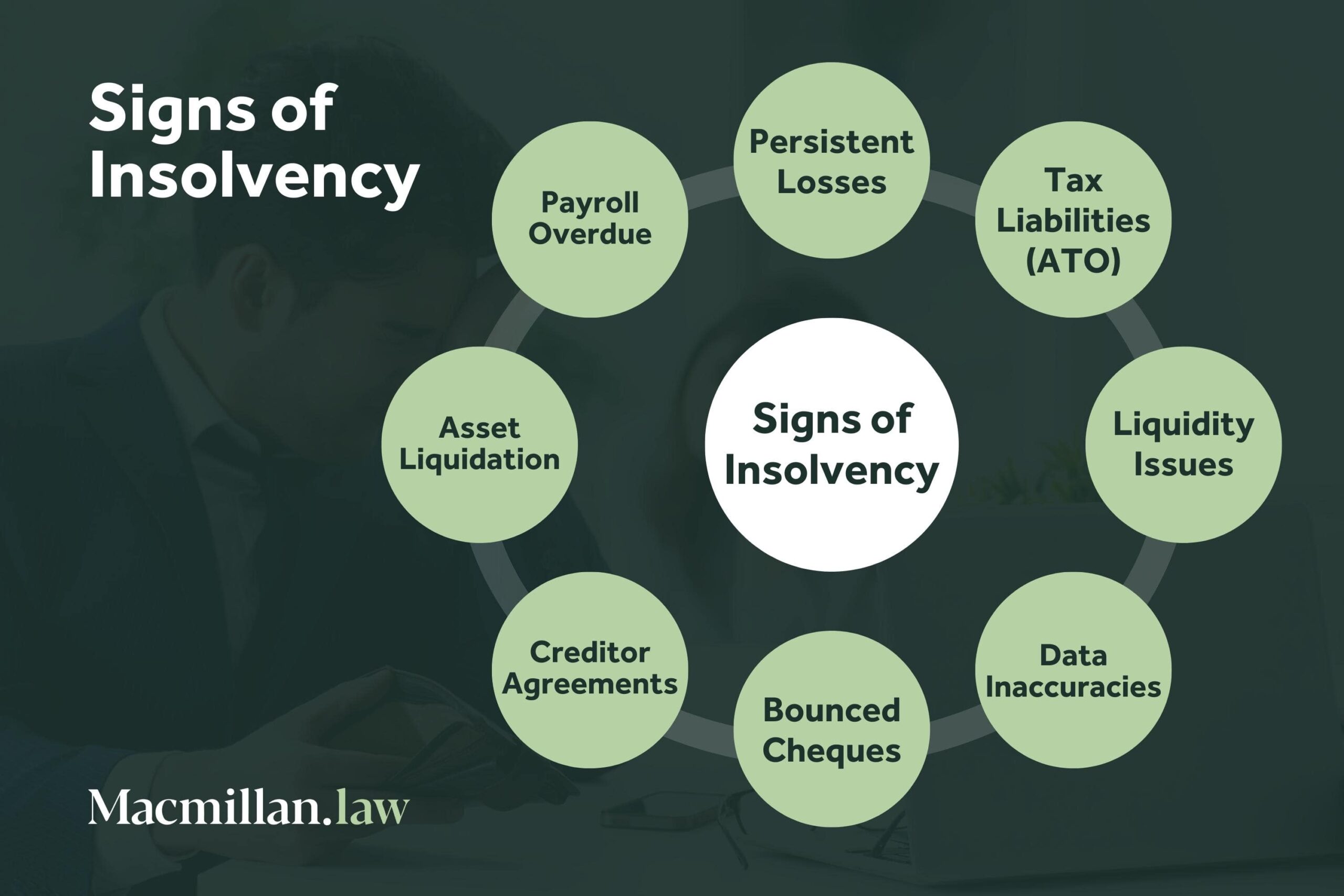10 Easy Facts About Insolvency Practitioner Explained
10 Easy Facts About Insolvency Practitioner Explained
Blog Article
All about Insolvency Practitioner
Table of ContentsOur Insolvency Practitioner StatementsThe Best Guide To Insolvency PractitionerInsolvency Practitioner Fundamentals ExplainedGetting My Insolvency Practitioner To WorkInsolvency Practitioner Can Be Fun For EveryoneThe Ultimate Guide To Insolvency PractitionerEverything about Insolvency Practitioner
Insolvency is when liabilities are higher than the worth of the company, or when a debtor can not pay the financial obligations they owe. A firm can end up being financially troubled because of a number of situations that result in inadequate capital. When encountered with bankruptcy, a business or person can contact financial institutions straight and restructure financial obligations to pay them off.
Bankruptcy can lead to insolvency proceedings, in which lawful action will be taken against the insolvent person or entity, and possessions. Insolvency Practitioner may be sold off to pay off arrearages. Entrepreneur might call lenders directly and restructure financial obligations right into more workable installations. Lenders are commonly responsive to this technique since they intend to be paid off and stay clear of losses, even if the repayment gets on a delayed timetable.
The proprietor produces a proposal describing exactly how the debt may be restructured utilizing expense reductions or other plans for assistance. The proposal reveals lenders how business may create enough capital for profitable operations while paying its debts. Typically, a forgiven debt might be considered revenue by the Internal Income Solution (IRS).
The smart Trick of Insolvency Practitioner That Nobody is Talking About
When a company needs to pay boosted rates for items and solutions, the firm passes along the price to the customer. Instead of pay the boosted expense, lots of customers take their business elsewhere so they can pay much less for a product and services. Losing customers leads to losing income for paying the business's lenders.
Business might finish up paying big amounts of money in damages and be unable to continue operations. When operations cease, so does the company's revenue. Absence of earnings results in unsettled expenses and lenders requesting money owed to them. Some companies come to be bankrupt due to the fact that their items or services don't advance to fit customers' altering needs.
The Ultimate Guide To Insolvency Practitioner
Costs go beyond profits and expenses remain unsettled. Kinds of insolvency include cash-flow bankruptcy and balance-sheet insolvency. Cash-flow insolvency happens when a business has the possessions to cover their financial debts yet they remain in the incorrect kind, such as property instead of liquid funds. Balance-sheet insolvency, on the various other hand, shows an absence of properties in any type of form to cover financial obligations.
The IRS states that an individual is bankrupt when the overall liabilities go beyond total assets. Insolvency Practitioner. A personal bankruptcy, on the other hand, is a real court order that depicts how a bankrupt individual or organization will certainly settle their creditors, or just how they will market their possessions in order to make the payments
8 Easy Facts About Insolvency Practitioner Shown
When a company or person is insolvent, they can not meet their financial commitments. Insolvency is not the same as personal bankruptcy, although a company that has actually come to be bankrupt may submit for bankruptcy. Bankruptcy is the state of not being able to pay your responsibilities while insolvency is a useful source lawful process to discharge your debts.
Understanding the variables that can result in bankruptcy, such as overspending, can help you stop insolvency and its effects.
The Ultimate Guide To Insolvency Practitioner
It is popular that directors and officers of companies (and managers of restricted obligation business) owe fiduciary duties to their organizations and their shareholders (or members). These fiduciary obligations are defined by state statutes and, though there are variants from one state to another, they typically consist of a task of commitment and an obligation of treatment.
The task of treatment needs directors and officers to work out diligence, to make educated decisions, and to act in good faith to ensure that their actions remain in the very best passion of the business. Beyond the scope of this conversation, some states enable these responsibilities to be limited either by so keeping in mind in the organizational documents or abiding with other requirements.
What Does Insolvency Practitioner Do?

Be mindful concerning providing shareholders special therapy at the cost of financial institutions (e.g., accrediting and moneying a returns or a stock redemption). Take care about favoritism between classes of shareholders. Clear up initiatives to find out all the truths before taking a particular strategy; supervisors need to truly believe that any kind of decisions made remain in the very best interests of the corporation in its totality (i.e., decisions will be assessed in hindsight because of the result of such actions on the firm).
In any kind of personal bankruptcy or insolvency proceeding, settlements made to specific creditors at the expenditure of other creditors can be clawed back, especially if there is some connection between the firm and the lender. Think about recommending at an annual investor meeting (or any type of various other meeting of shareholders) a resolution attesting that all previous organization choices and actions taken by the supervisors and policemans of the corporation were absorbed great faith after a workout of sensible care.
Rumored Buzz on Insolvency Practitioner
Completely reveal any type of individual or company partnerships with events on the other side of deals including the firm to avoid the appearance of a dispute of interest. In reviewing prospective fund increasing transactions or review a sale of assets of the distressed company, know that these deals might be looked at later on in light of any subsequent expansion of directors' fiduciary responsibilities to consist of lenders.
Report this page